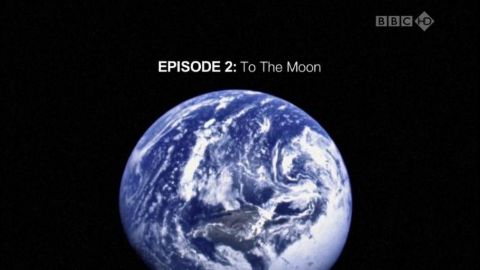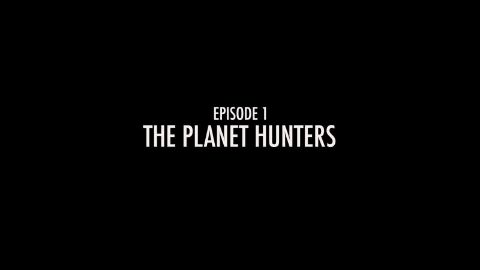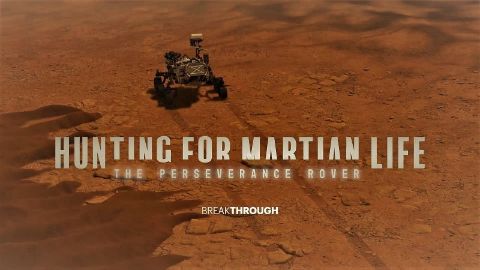From The Ground Up • 2009 • episode "S1E1" • The Space Age: NASA's Story
Born of the Cold War, NASA moves stridently from disastrous rocket tests to the glorious conclusion of the Gemini Program. We experience the massive challenges of sending a man into space and how, despite many setbacks, the astronauts proved that the key element to exploration would be human resourcefulness, in space as well as on the ground. NASA veterans describe these early missions as the hardest of all - the first, uncertain steps towards a new frontier. Building on the success of the pioneering Mercury program, Project Gemini gives NASA the experience and confidence to take the next giant leap - to land men on the Moon.
Make a donation
Buy a brother a hot coffee? Or a cold beer?
Hope you're finding these documentaries fascinating and eye-opening. It's just me, working hard behind the scenes to bring you this enriching content.
Running and maintaining a website like this takes time and resources. That's why I'm reaching out to you. If you appreciate what I do and would like to support my efforts, would you consider "buying me a coffee"?
Donation addresses
BTC: bc1q8ldskxh4x9qnddhcrgcun8rtvddeldm2a07r2v
ETH: 0x5CCAAA1afc5c5D814129d99277dDb5A979672116
With your donation through , you can show your appreciation and help me keep this project going. Every contribution, no matter how small, makes a significant impact. It goes directly towards covering server costs.








